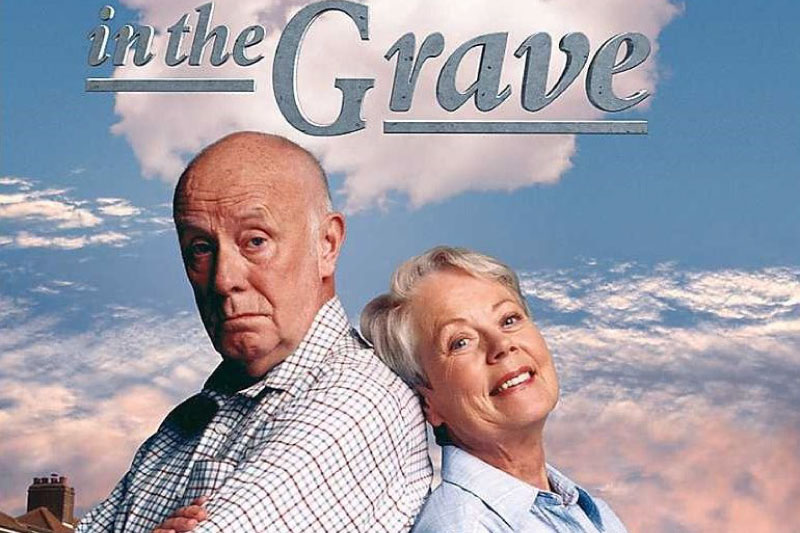I Cannot Believe ItGEOFF COOK

Richard Wilson, the Actor who played Victor Meldrew in the British television series
‘One Foot in the Grave’ used this as his catch phrase, and it came to mind immediately when I heard of this example of Performance Mismanagement.
I have previously cited this organization for the positive way it apparently uses competencies in the performance management process, as follows:
Job Description Competencies:
Excellent performance – Seeks to do the best possible job. Takes responsibility for own tasks and results. Displays energetic and enthusiastic approach. Takes personal responsibility for H&S. Highlight’s issues which impact on people & the business. Looks for ways to enhance operations.
Teamwork – Cooperates with other team members. Willingly shares information. Works towards team goals. Supports team decisions. Displays a sense of pride in the team. Initiates and develops relationships.
Customer orientation – Uses verbal & written communication. Puts the customer first. Understands and anticipates customer needs. Acts quickly to meet needs/resolve problems. Monitors impact of actions on the customer. Seeks first time resolution.
Three things to keep in mind, with descriptors to let the person know what workplace behaviors are required. Excellent!
The System in Practice
One member of staff, having worked in the organization for over two years, faced her first ‘performance appraisal’. She was given a form headed ‘2013 Business Objectives and Personal Development Plan’ which listed the following ‘2011 (sic) Business Objectives’:
Performance Appraisal Parameters
Achieving our finance targets – Strive to complete work on time, to the right quality, and be aware of own actions impacting costs and minimize.
Customer service – Be courteous to customers and members of the public at all times.
Planet & Society – Be aware of the impact of our work on the environment and reduce waste wherever possible.
People & Culture – Consider your own development and training needs.
SHE – Assess risks before starting any task, report any incidents immediately, support the SE SHE plan, and challenge any unsafe behavior you see.
The planned appraisal interview never took place. Instead, the ‘line manager’ gave the employee a sheet of paper which listed the performance appraisal parameters verbatim, each with the endorsement ‘Agreed with Manager’, as ‘development objectives’ for the coming year. What did that say about the employee’s performance during the review period? How did this help the employee to know the actual focus points for development? What does that say to the employee, in terms of the employment relationship?
What does that say to you as an observer? The ‘performance management system’ has not been thought through. The different elements do not complement one another; they are, in many ways, contradictory. The ‘line manager’ has no understanding of the performance appraisal process and his role in it (and is obviously reluctant to engage in it). There is nothing which rewards an employee for good performance; actually, the system neither rewards nor punishes, whatever the performance – performance simply does not matter.
How long before motivation levels suffer? Before this intervention there was a hardworking and engaged individual who had introduced administrative innovations which saved time and money, and improved the accuracy and consistency of the ‘job packs’ which the field engineers rely upon. After the intervention? Go figure, as our American friends might say.

